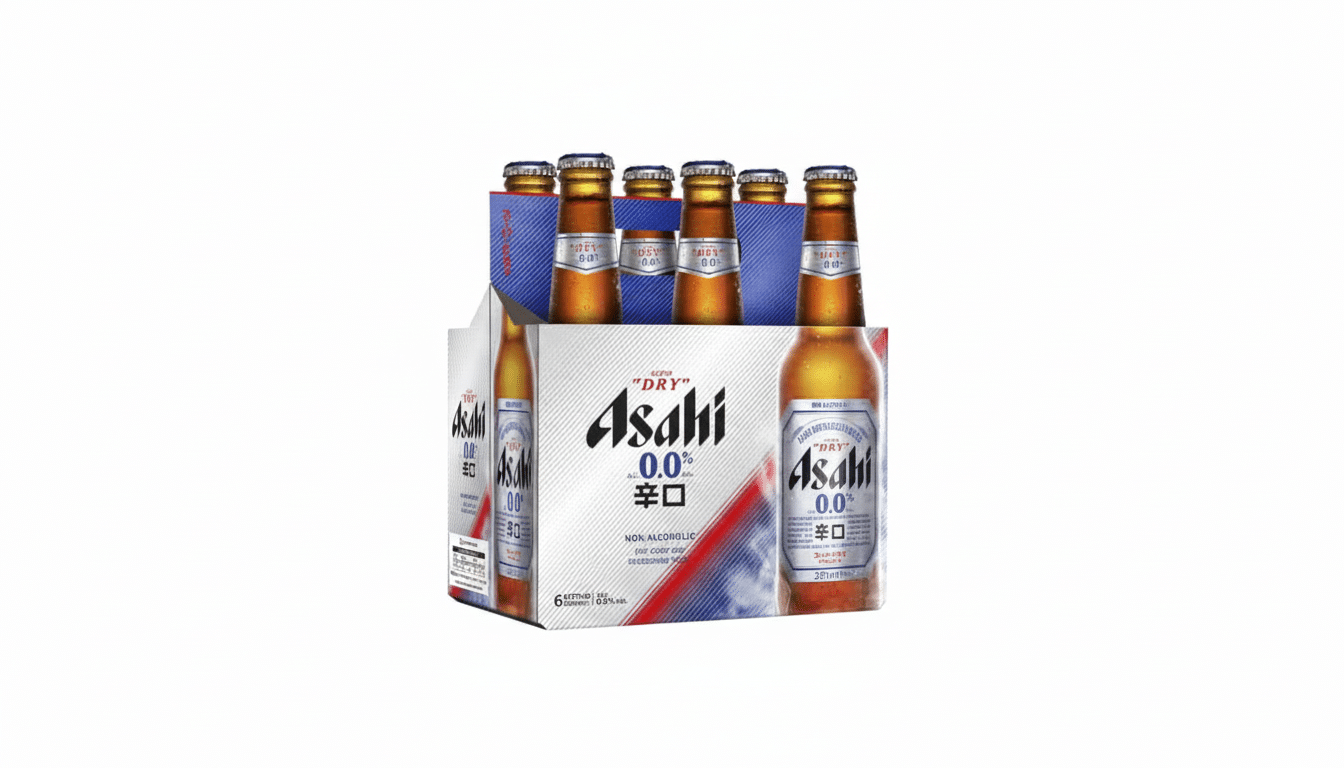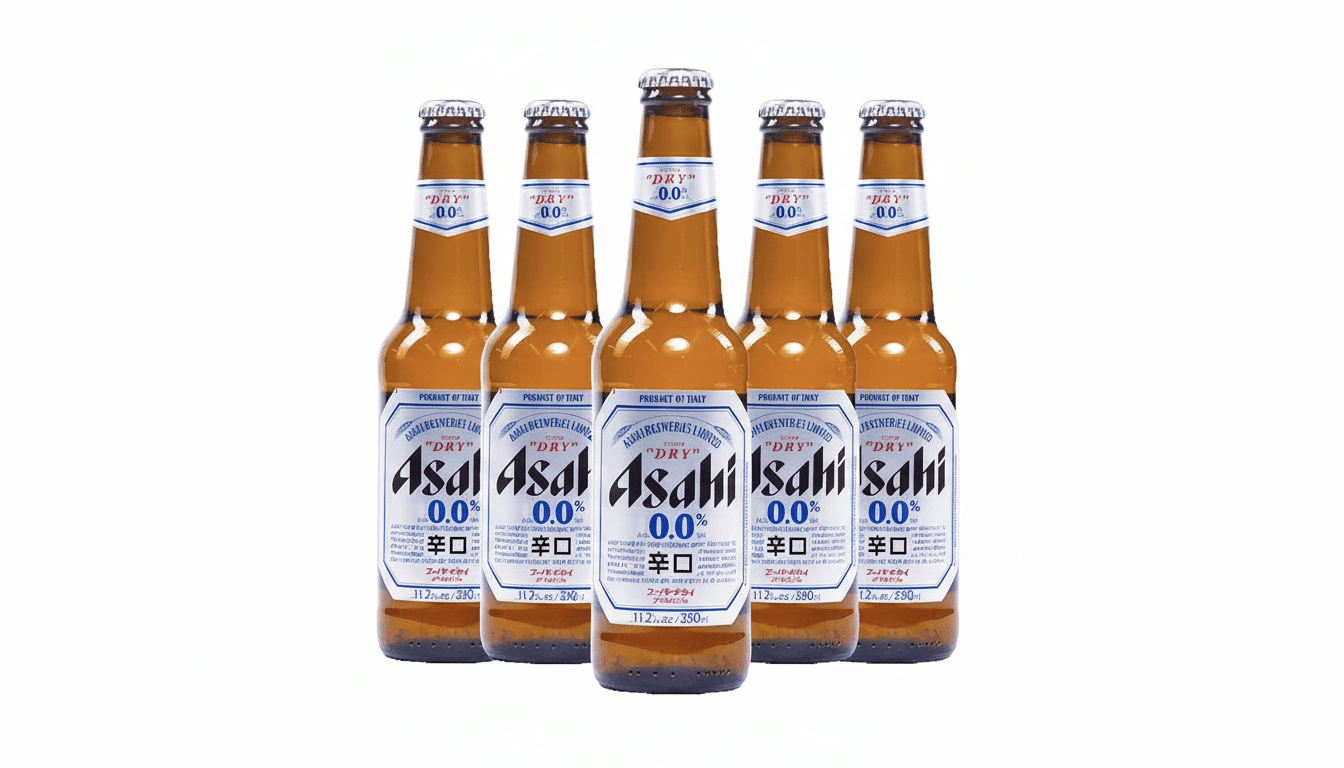Asahi Group Holdings has shut down production at brewhouses in Japan following a cyberattack on core systems that has frozen orders, hampered shipments, and knocked the company’s call centers offline. The company said it is a system failure caused by a security breach, and that nothing about any theft of personal or customer data is certain at this point.
The extent of the shutdown is not yet clear. Asahi has not resumed operations, Reuters reported, and is looking at whether all of its approximately 30 domestic factories have closed shop, though no timeline was provided for a recovery.

What We’ve Learned About the Asahi Cyberattack
The attack was revealed by Asahi Group in a company statement, which confirmed that key business applications were impacted and that defensive protocols were adopted to limit the fallout. In the field, manufacturers routinely isolate affected networks and halt lines to avoid errors in quality, safety, and labeling — all standard playbook moves when operational technology is at stake.
The disruption seems to focus on Japanese operations. Asahi, best known for Asahi Super Dry and a portfolio of European brands acquired in recent years, is working with security experts and authorities as the investigation continues.
Operations and distribution impact across Japan
Brewery production pauses have some immediate ripple effects. Difficulty for wholesalers, bars, and retailers to estimate deliveries following the closure of processing may also result in short-term stockouts of key SKUs and presentation formats. Even short interruptions can create backlogs because beer supply chains are run on tight schedules and thin inventory buffers.
Shipment lags also cloud freshness windows and promotional calendars, particularly for limited runs and seasonal offerings. And with customer support channels shut down, partners have less of a chance to redirect orders or confirm holds on allocations — which becomes another aspect of the strain on logistics.
Breweries under cyber fire as threats escalate
Manufacturing has been a ripe hunting ground for cybercriminals, since downtime is expensive and the demand to resume production can be intense. IBM’s X-Force Threat Intelligence reports consistently ranked manufacturing as the most targeted industry for several years running, representing about a quarter of all documented incidents, with ransomware being a top approach.

Beverage companies are not immune. Molson Coors revealed an attack that disrupted operations, and Carlsberg said a breach affected its business processes. In Japan, the risk of highly integrated supply chains has been underscored by unrelated events in the auto industry, with supplier disruptions at times shutting automotive assembly lines temporarily.
Security And Regulatory Environment In Japan
Japanese officials, led by Japan’s National Center of Incident Readiness and Strategy for Cybersecurity (NISC), also recommend prompt reporting, coordinated response, and contacting the police immediately. And the Information-technology Promotion Agency has published Factory Security Guidelines that push for network segmentation between IT and operational technology, multifactor authentication for remote access, and immutable, offline backups to mitigate ransomware damage.
Even mainstream consumer brands can make a business case. Those are just averages: reports like IBM’s Cost of a Data Breach have repeatedly found average breach costs in the millions — and that’s before you account for lost sales due to downtime. In food and beverage, manufacturers also have regulatory and health issues to contend with at shutdown times that may require more conservative levels until systems are safely confirmed.
What’s next for Asahi after the Japan cyberattack
Anticipate a slow, phased restart once order management, logistics, and plant controls — the three core pieces of technology — have been proven out. This often includes restarting master data and enterprise resource planning platforms, followed by packing and brewing lines, based on a sequence to safeguard quality and traceability. Forensics to ascertain the initial breach vector, dwell time, and data exposure generally march in step.
Asahi said it has not confirmed a data leak, but the company will come under pressure to disclose information if investigations determine that there was exfiltration. In the short term, customers and distributors should keep an eye out for advisories on substitute SKUs, delivery windows, and manual ordering workarounds while systems are being brought back up.
The larger lesson is that cyber risk has become an operational risk. For a behemoth brewer like Asahi, such segmentation investments along with incident drills and fast recovery capabilities are more than just IT hygiene; they’re core to keeping taps and shelves stocked.

